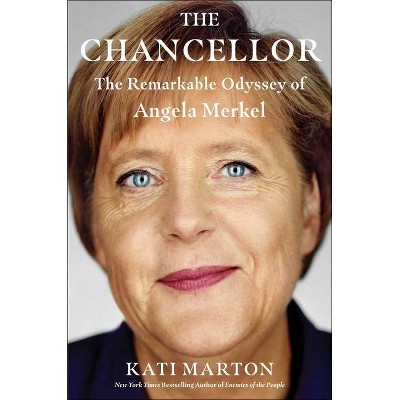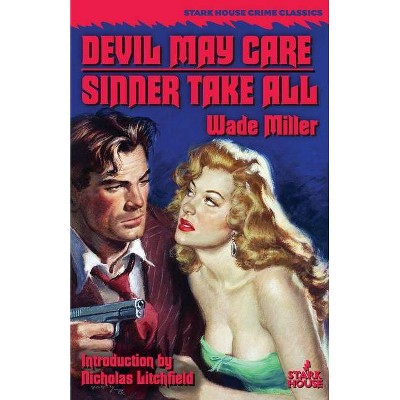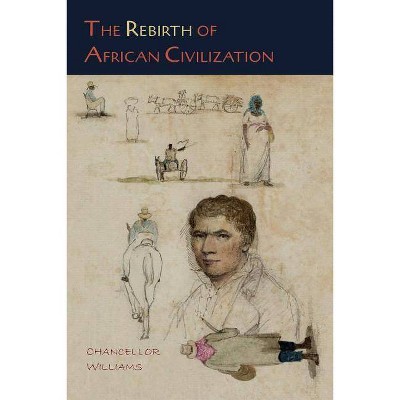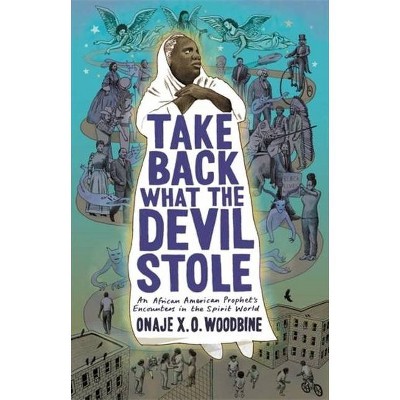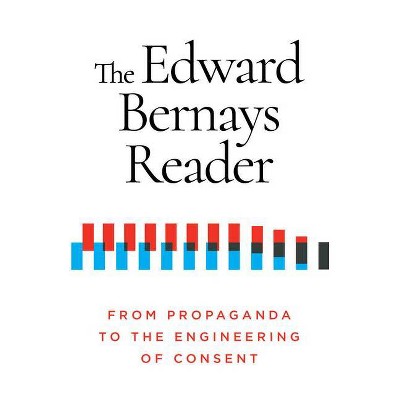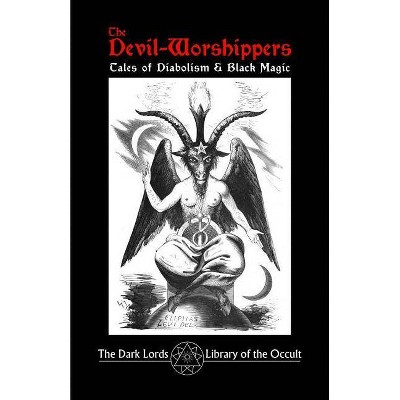Devil Take the Hindmost - by Edward Chancellor (Paperback)
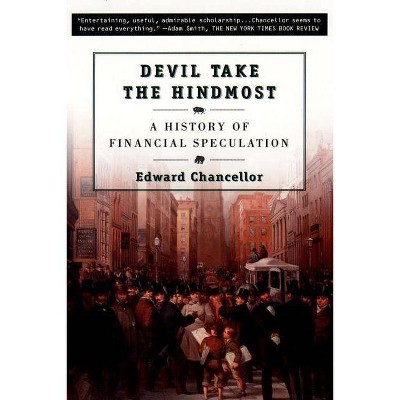
Similar Products
Products of same category from the store
AllProduct info
<p/><br></br><p><b> About the Book </b></p></br></br>Drawing colorfully on the words of such speculators as Sir Isaac Newton, Daniel Defoe, Ivan Boesky, and Hillary Rodham Clinton, Chancellor examines the nature of speculation--from medieval Europe to the Tulip mania of the 1630s to today's Internet stock craze.<p/><br></br><p><b> Book Synopsis </b></p></br></br><b>A lively, original, and challenging history of stock market speculation from the 17th century to present day.</b> <p/><i>Is your investment in that new Internet stock a sign of stock market savvy or an act of peculiarly American speculative folly? How has the psychology of investing changed--and not changed--over the last five hundred years? </i> <p/>In <i>Devil Take the Hindmost</i>, Edward Chancellor traces the origins of the speculative spirit back to ancient Rome and chronicles its revival in the modern world: from the tulip scandal of 1630s Holland, to "stockjobbing" in London's Exchange Alley, to the infamous South Sea Bubble of 1720, which prompted Sir Isaac Newton to comment, "I can calculate the motion of heavenly bodies, but not the madness of people." <p/>Here are brokers underwriting risks that included highway robbery and the "assurance of female chastity"; credit notes and lottery tickets circulating as money; wise and unwise investors from Alexander Pope and Benjamin Disraeli to Ivan Boesky and Hillary Rodham Clinton. <p/>From the Gilded Age to the Roaring Twenties, from the nineteenth century railway mania to the crash of 1929, from junk bonds and the Japanese bubble economy to the day-traders of the Information Era, <i>Devil Take the Hindmost</i> tells a fascinating story of human dreams and folly through the ages.<p/><br></br><p><b> From the Back Cover </b></p></br></br>Devil Take the Hindmost is a lively, original, and challenging history of stock market speculation from the seventeenth century to the present day. Edward Chancellor traces the origins of the speculative spirit back to ancient Rome and chronicles its revival in the modern world: from the tulip scandal of 1630s Holland, to "stockjobbing" in London's Exchange Alley (where wine sold at auction by an "inch of a candle"), to the infamous South Sea Bubble of 1719, which prompted investor Sir Isaac Newton to comment, "I can calculate the motion of heavenly bodies, but not the madness of people". Here are brokers underwriting risks that included highway robbery and the "assurance of female chastity"; credit notes and lottery tickets circulating as money; wise and unwise investors from Alexander Pope and Benjamin Disraeli to Ivan Boesky and Hillary Rodham Clinton.<P>From the Gilded Age to the Roaring Twenties, from the railway mania of nineteenth-century America to the crash of 1929, from junk bonds and the Japanese bubble economy to day-traders of the Information Era, Devil Take the Hindmost tells a fascinating story of human dreams and folly through the ages.<p/><br></br><p><b> Review Quotes </b></p></br></br><br><b>Praise for <i>Devil Take the Hindmost</i></b> <p/>"An admirably researched and very well written account of speculative insanity from the earliest times to, let no one doubt, the present. Anyone contemplating a stock market venture and certainly anyone now involved should read this book."--John Kenneth Galbraith <p/>"The greatest hits of financial silliness recounted coherently and...gracefully...Chancellor does a fine job of capturing the atmosphere of the times."--<i>Forbes</i> magazine <p/>"Entertaining, useful, admirable scholarship...Chancellor seems to have read everything."--<i>The New York Times Book Review</i> <p/>"The subtle ways in which individual investors become drawn into crowd behavior is a much studied phenomenon, covered brilliantly...in the book <i>Devil Take the Hindmost</i>."--<i>The Daily Telegraph</i> (London) <p/>"The South Sea Company is one of the great bubble and crash stories. Many books have referred to it. One of the finest is <i>Devil Take the Hindmost</i>."--Debashis Basu, <i>Money Life</i><br><i> </i><br>"Excellent."--<i>City A.M.</i> <p/>"[An] essential history of financial manias."--<i>The Observer</i><br><p/><br></br><p><b> About the Author </b></p></br></br><b>Edward Chancellor</b> studied history in Great Britain at both Cambridge and Oxford Universities. In the early 1990s he worked for the investment bank Lazard Brothers. He is a freelance journalist, and lives in London.
Price History
Price Archive shows prices from various stores, lets you see history and find the cheapest. There is no actual sale on the website. For all support, inquiry and suggestion messages communication@pricearchive.us
